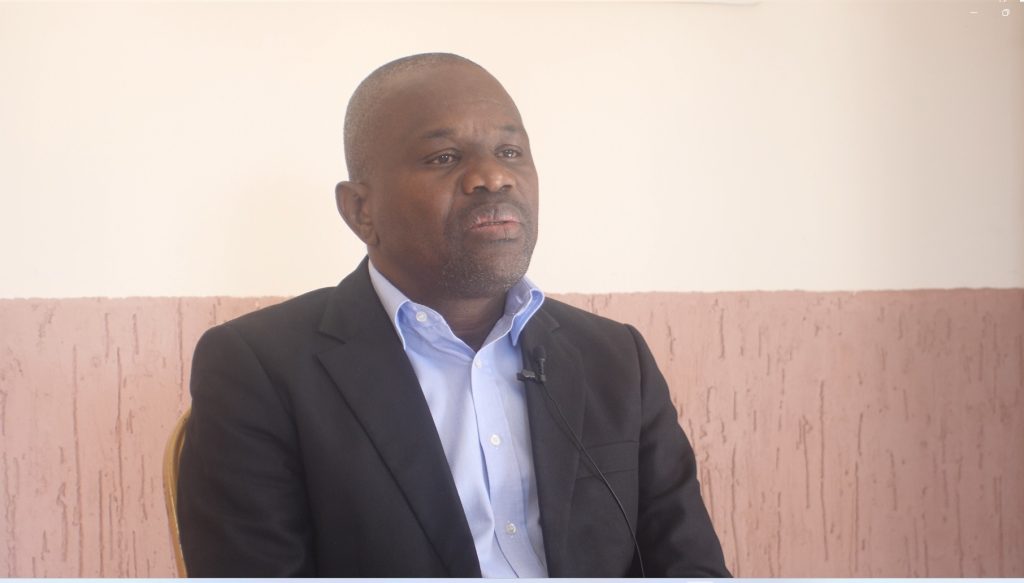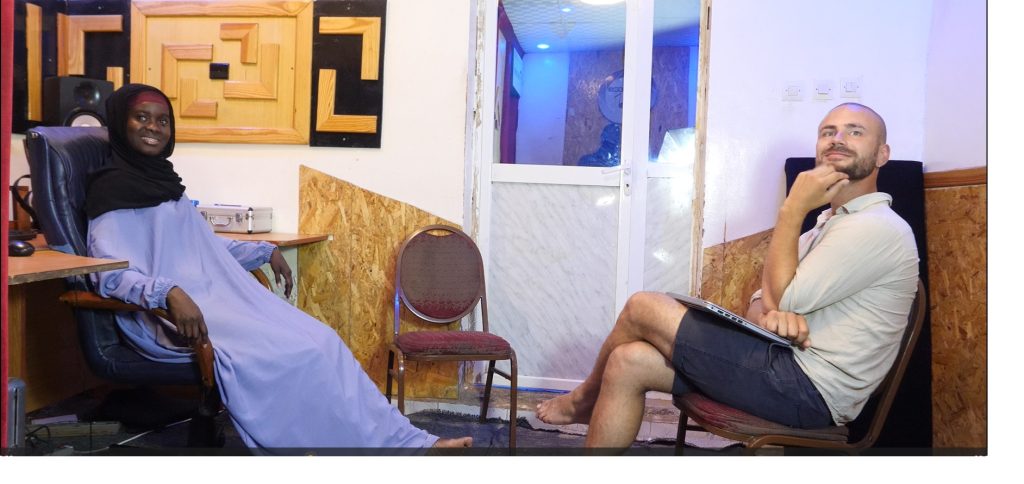It’s been almost a month since the last update and there are (good) reasons for that. First of all, there was the Women’s Independence Festival, which I helped to organize and for which I was responsible for the video production. Feminists from Senegal and Mali, artists from Mauritania, Africa and Europe, several thousand visitors during the big concert and the result was – disastrous. The organization of the festival was more than chaotic and the miserable communication within the team bore bad fruits – so more than half of the events were cancelled, and partly there were no visitors at all at some events because place and time changed so often in the program planning. The social media work was a horror and to top it all off the Mauritanian state shut down the internet for a whole week in the whole country because four Salafists had escaped from prison in Nouakchott. But more on that later. There were many hands that had worked diligently on the festival and I am glad that there were at least occasional successful events, but all the women who stood in the sun with their handicrafts for a day and showed themselves to me in good spirits for photos in the morning were bitterly disappointed in the afternoon. It is not easy to accept that avoidable failure. Women’s Independence is certainly a noble goal, but not a reality in this society for many at the moment, not even – as I learned – in the organization process for a festival that bears this name. Moreover, at the concert on Friday, where the Senegalese singer Viviane Chidid performed alongside some European female rappers, I witnessed massive police violence against the visitors. As chance would have it, we took drone footage of it. I saw two dozen policemen beating festival-goers with batons during the concert and I couldn´t find any justification for it. After the concert I felt in a trance state and felt the need to talk about what I had seen. To my surprise, there was no one who criticized that violence. Instead, my interlocutors simply thought it was a normal reaction to “control the crowd” due to rioting fans. Now, I could not see to what extent the concertgoers had provoked the violence, but I was shocked that this concert, violent enough for me, was apparently a complete success for my Mauritanian friends, simply because it was not stopped prematurely. This showed me the realities that exist in this country. Authoritarian behavior of the police is just as much a part of it as everyday corruption, what I have realized as well. For the first time I drove a car in Mauritania and for the first time the traffic policeman asked me for qahwa (coffee) and stated unequivocally what he wanted. Alone, with expired vehicle documents (as I found out hours earlier) and a dropped license plate (an hour earlier), I saw few ways to refuse. No more car driving for me here. At least I was able to record the incident completely in sound.
Now for the disconnected Internet: Again, there were only rumors and a few media articles. Four Salafists broke out of prison, killed two guards, and were themselves killed after some days of escaping. The state does not explain itself greatly when it paralyzes large parts of the economy. That just seems to be its panicked, rash, and routine response to unexpected happenings. I last experienced this in 2019 for two weeks after the presidential election and was told that was the last time it happened.

I was able to conduct a few interviews in the last few weeks, some of which are very important to my research. The Soninke rapper Buzzshit, the journalist Hawa Dem, the poetry slammer Cira and above all the human rights activist Balla Touré, whose interview seems to me to be the most important so far because of the clear analysis and the decades of experience in dealing with political taboos. The last few days, however, have been tough. Little is progressing. Neither my video project “Ma Tarishi”, which I would love to shoot, but for which I have to wait for the artists’ finished song. I doubt that it will be realized in the end. Now I know that as a Westerner, as a European, as a German, I don’t find the same conditions as at home and that it is important to accept that. I do more than that, but at the same time the often prevailing mentality, which can be an advantage in a private context, is too often a slowdown in a professional context, which leads to the fact that in the end often nothing or only little moves and that even in poorer quality. At least that’s my experience in festival preparation, in the “Ma Tarishi” project, and in developing my own songs. I am worried that the situation will not improve in Ramadan. Already once I have experienced Ramadan here and life in the daytime is literally a standstill. I hope that interview opportunities will still arise via iftar invitations and I remain optimistic, although less for the creation of a focus group. In any case, I can also use the time for reflection on what has already been done. And there is still social media and text analysis that remains.


